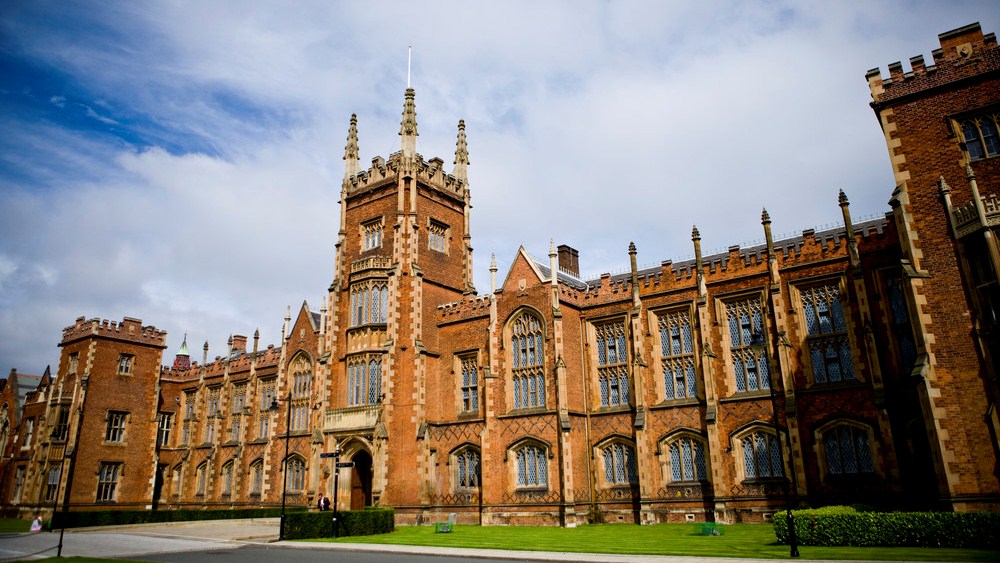Introduction:
Education is the cornerstone of civilization, and schools are the bedrock upon which knowledge is cultivated. But have you ever wondered who laid the foundation of this institution we call school? Who invented school in the UK, and what was the journey that led to its inception? In our quest for knowledge, we’ll delve into the fascinating history behind the origins of schools, the development of mathematics education, and the concept of homework. Join me on this journey through time as we unravel the story of education in the UK.
The Origins of School:
To understand who invented school in the UK, we must trace back to ancient civilizations where the seeds of education were sown. While the concept of formal schooling may seem like a modern phenomenon, its roots can be found in ancient societies such as Mesopotamia, Egypt, and Greece. In these civilizations, education was primarily reserved for the elite, with scholars imparting knowledge to the privileged few.
However, it was not until the Middle Ages that the precursor to modern schools began to emerge in the UK. Monasteries played a significant role in early education, with monks providing instruction in reading, writing, and religious studies. These monastic schools laid the groundwork for what would later evolve into the educational institutions we recognize today.
One of the earliest recorded schools in England was the King’s School in Canterbury, founded in 597 AD by St. Augustine. This establishment marked a pivotal moment in the history of education in the UK, setting a precedent for the establishment of schools across the country. Over the centuries, schools continued to increase, catering to the educational needs of various segments of society.
The Invention of Mathematics
who invented maths, much like the origins of school, is a tale as old as time. Mathematics is often regarded as the universal language of the sciences, but its development was a gradual process shaped by countless mathematicians throughout history.
The roots of mathematics can be traced back to ancient civilizations such as Babylon, Egypt, and Greece, where scholars made groundbreaking discoveries in arithmetic, geometry, and algebra. Among the early pioneers of mathematics were figures like Pythagoras, Euclid, and Archimedes, whose contributions laid the foundation for future generations of mathematicians.
In the UK, the study of mathematics gained prominence during the Renaissance, with scholars like Isaac Newton and Gottfried Wilhelm Leibniz making significant strides in calculus and mathematical physics. Their work revolutionized the field of mathematics and paved the way for advancements in science and technology.
As mathematics continued to evolve, so too did its role in education. The establishment of schools and universities provided a platform for the teaching and dissemination of mathematical knowledge, ensuring that future generations would have access to this fundamental discipline.
Who Invented Homework:
The concept of homework is a familiar one for students around the world, but who was responsible for its invention? While the origins of homework are somewhat murky, its roots can be traced back to ancient civilizations where students were assigned tasks to reinforce their learning outside of the classroom.
In the UK, the practice of assigning homework gained traction during the Industrial Revolution, as the demand for skilled labor grew, so too did the need for education. Schools began to incorporate homework into their curriculum as a means of extending learning beyond the confines of the classroom, helping students develop discipline and independent study skills.
The Victorian era saw a further proliferation of homework, emphasizing rote learning and memorization. Subjects such as Latin, Greek, and mathematics were often accompanied by copious amounts of homework, reflecting the prevailing educational philosophy of the time.
Conclusion:
In our quest to uncover the origins of school in the UK, we have embarked on a journey through time, exploring the evolution of education from ancient civilizations to the modern era. Along the way, we have encountered the pioneers of mathematics whose groundbreaking discoveries have shaped the world we live in today. We have also examined the concept of homework and its role in reinforcing learning and fostering academic success.
While the question of who invented homework in the UK may not have a definitive answer, what is clear is that education is a fundamental human right that has the power to transform lives and shape the course of history. As we continue to build upon the foundations laid by those who came before us, let us remember the importance of education in creating a brighter future for generations to come.
Frequently Asked Questions
1. Who invented schools in the UK?
The concept of formal schooling in the UK dates back to ancient times, with early examples of educational institutions emerging in monastic communities and cathedral schools during the medieval period. However, it was not until the 19th century that the modern system of schooling, as we know it today, began to take shape.
2. What role did the Church play in the development of schools in the UK?
The Church exerted significant influence over education in the UK for much of its history. Monasteries and religious orders were among the first institutions to provide formal education, offering instruction in Latin, theology, and the liberal arts. Cathedral schools, established in major ecclesiastical centres, served as centres of learning and intellectual exchange.
3. When did state-funded education begin in the UK?
The advent of state-funded education in the UK can be traced back to the 19th century, with the introduction of various legislative reforms aimed at expanding access to schooling. The Elementary Education Act of 1870, often considered a landmark in the history of education, laid the foundation for compulsory elementary education for children aged 5 to 13.
4. Who were the key figures in the establishment of modern schools in the UK?
Several key figures played pivotal roles in the development of modern schools in the UK. One notable individual is Horace Mann, often regarded as the father of the public education system. His advocacy for universal, free, and non-sectarian education inspired educational reformers in the UK and around the world.
5. What were the early types of schools in the UK?
In the early days of formal education in the UK, schools were often segregated along religious and social lines. Grammar schools, which originated in the medieval period, focused on classical languages and subjects and catered primarily to the sons of the aristocracy and clergy. Meanwhile, charity schools provided basic education to children from poorer backgrounds, often with an emphasis on religious instruction.
6. How did education evolve in the UK during the Industrial Revolution?
The Industrial Revolution brought about profound changes in the UK’s educational landscape. The need for a literate and numerate workforce spurred efforts to expand access to schooling, leading to the establishment of more schools and the introduction of compulsory education laws. The rise of factory schools and Sunday schools also provided educational opportunities for working-class children.
7. Who introduced the concept of comprehensive education in the UK?
The concept of comprehensive education, which aimed to provide a broad and inclusive curriculum for all students regardless of background, gained momentum in the mid-20th century. The 1944 Education Act, also known as the Butler Act, laid the groundwork for a comprehensive system of secondary education, marking a significant shift away from the selective grammar school model.
8. How has education in the UK continued to evolve in the modern era?
In recent decades, education in the UK has undergone further reforms aimed at raising standards, improving accountability, and promoting equality of opportunity. Initiatives such as the introduction of academies and free schools, along with changes to the curriculum and assessment frameworks, reflect ongoing efforts to adapt to the changing needs of society.
9. What challenges have schools in the UK faced throughout history?
Schools in the UK have faced various challenges throughout history, including issues related to funding, access, and quality of provision. Social inequalities, disparities in educational attainment, and debates over curriculum content and teaching methods continue to shape the educational landscape and drive calls for reform.
10. How has the COVID-19 pandemic impacted schools in the UK?
The COVID-19 pandemic has presented unprecedented challenges for schools in the UK, disrupting teaching and learning and exacerbating existing inequalities. School closures, remote learning, and the need for enhanced safety measures have prompted educators to adapt quickly to new modes of delivery and support students through periods of uncertainty and disruption.
As we reflect on the origins of schools in the UK, it becomes clear that education has been and continues to be a dynamic and evolving institution, shaped by a multitude of factors and influences. By understanding the rich history of schools in the UK, we can gain insights into the present challenges and opportunities facing education and chart a course towards a brighter future for generations to come.



